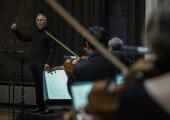A Midsummer Night's Dream, The Grange Festival review - heroic comedy in hard times
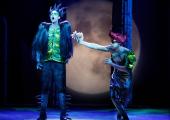
Rough-edged but recognizably Britten’s creation, this show has gone on against the odds
When the history of 2021’s slow emergence from lockdown comes to be written, musical administrations will stand out among the heroes. That’s especially true of the country-house opera organisations which have mushroomed in recent years. Don’t ask where some of the money comes from, or who it’s for, but celebrate for now how much work these set-ups have given top-notch singers, players and production teams, many of whom have hardly worked in the previous 14 months.

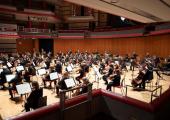
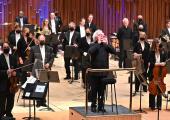
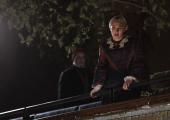
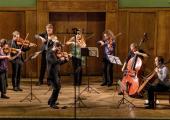
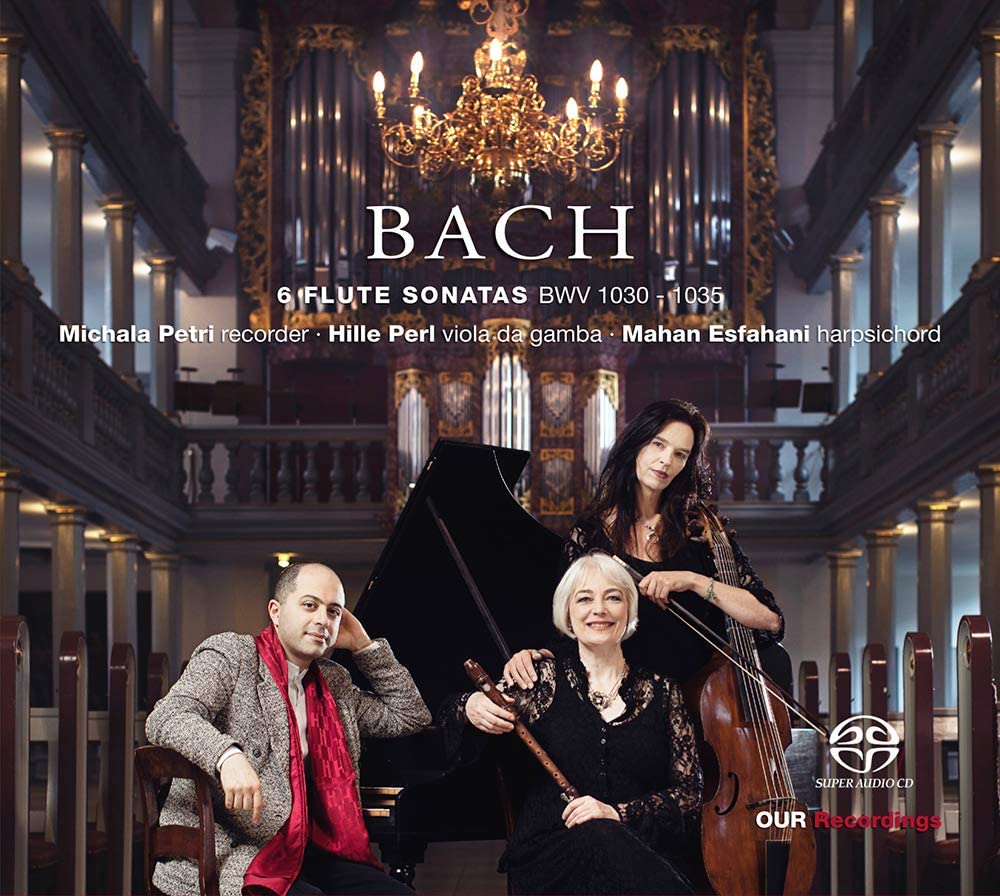 Bach: Sonatas for recorder, harpsichord and viola da gamba Michala Petri (recorder), Hille Perl (viola da gamba), Mahan Esfahani (harpsichord) (OUR Recordings)
Bach: Sonatas for recorder, harpsichord and viola da gamba Michala Petri (recorder), Hille Perl (viola da gamba), Mahan Esfahani (harpsichord) (OUR Recordings)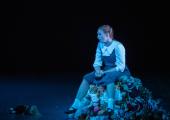
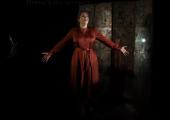
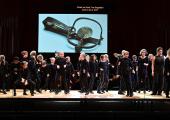
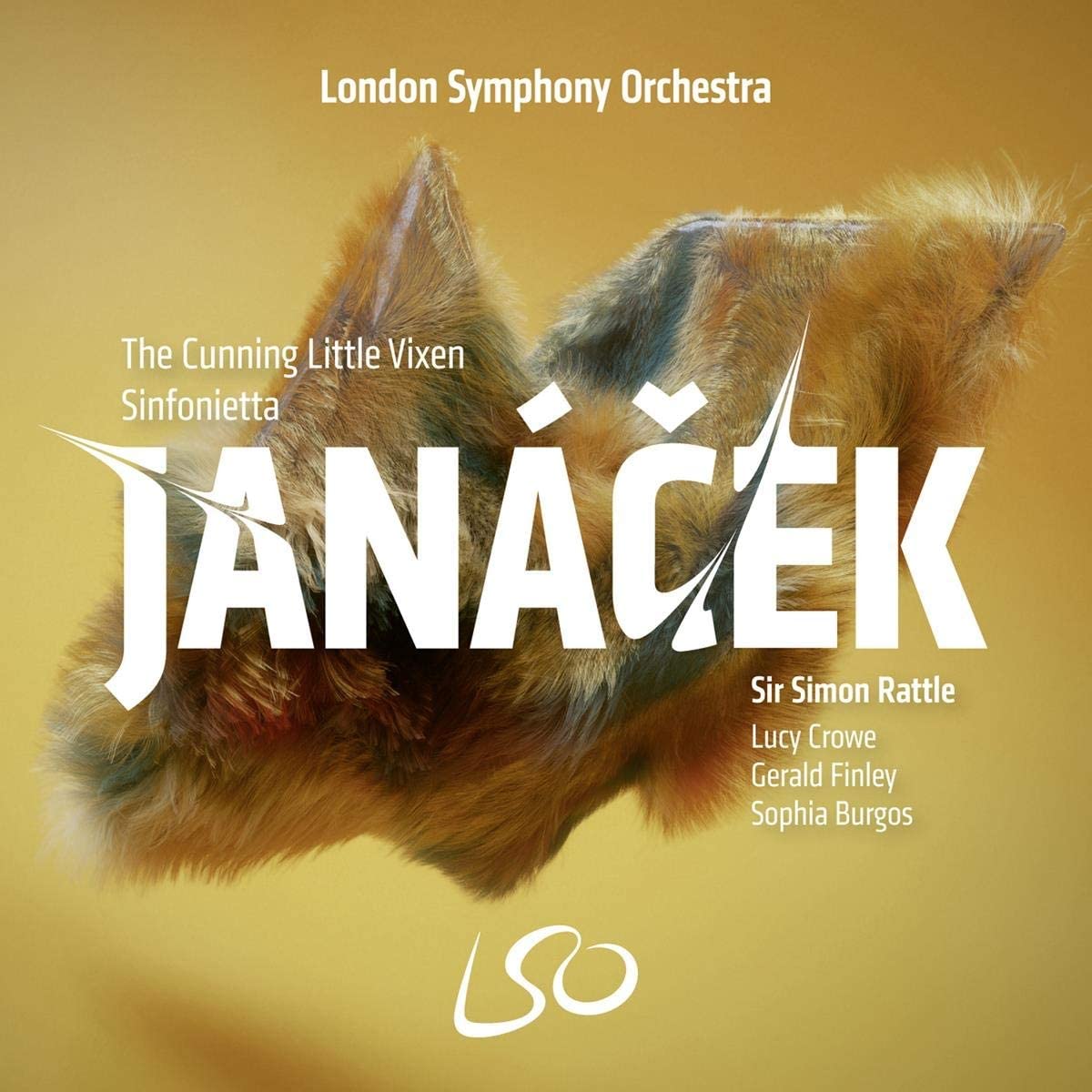 Janáček: The Cunning Little Vixen, Sinfonietta Lucy Crowe, Gerald Finley, Sophia Burgos London Symphony Orchestra and Chorus/Sir Simon Rattle (LSO Live)
Janáček: The Cunning Little Vixen, Sinfonietta Lucy Crowe, Gerald Finley, Sophia Burgos London Symphony Orchestra and Chorus/Sir Simon Rattle (LSO Live)